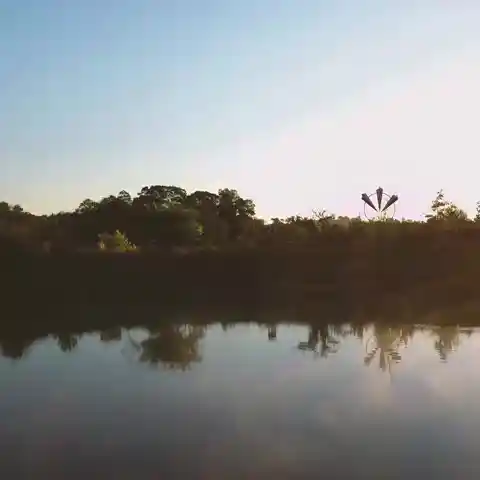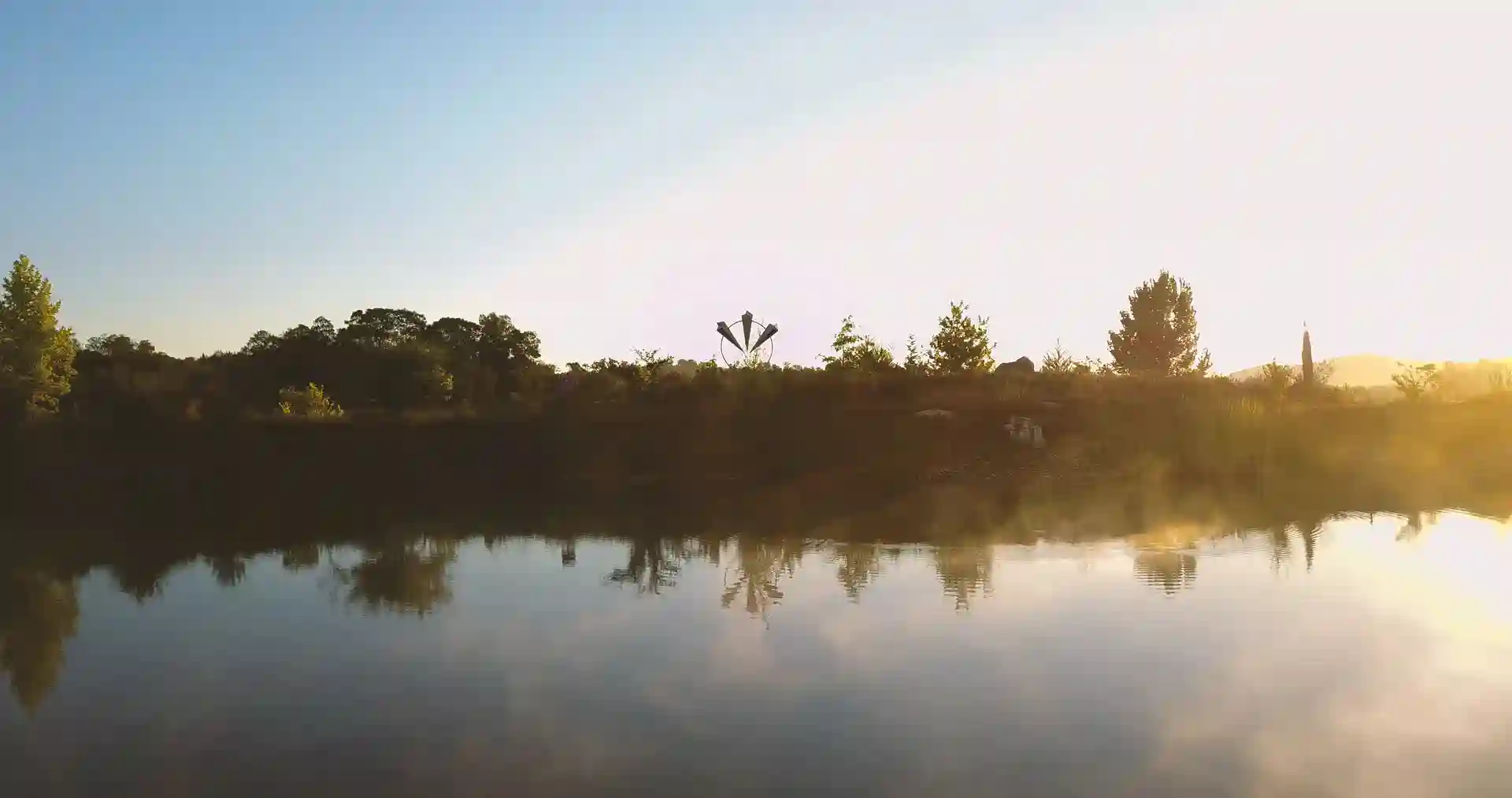Our Regional and National Network
We’re working on a model for regional autonomy and are building networks as part of our vision for decentralized autonomous regenerative communities. In cooperation with local partners, we’re working on a model in Portugal that can be an example for other regions in Europe and around the world. Because a lot of land in Portugal is degraded and many people are leaving the countryside, it’s a perfect place to show how to regenerate land and communities.
Concept
As an emerging Healing Biotope, we’re working to create social and ecological solutions that can be used across the region, country and globe to restore nature and autonomy and reinstall regional networks destroyed by global trade. We must face the fact that one day, maybe after peak oil, climate change or another financial crisis, it won’t be global contacts that will help us to survive, but stable and trustworthy networks in the surrounding neighborhood and region.
Our region – the Alentejo – is known as the region of “dying villages.” Young people leave for the cities for work, landscapes dry out, local markets have become rare, farmers find it hard to survive in the global trading system, and cooperatives face such strict rules that they have had to give up.
But as we’ve seen through our own work on ecosystem restoration, food sovereignty and energy autonomy, this region has the potential to be a pioneer for regional autonomy and regenerative design as it holds an abundance of rainwater and sunlight and has perfect growing conditions.
As a center for education, we’re sharing our knowledge with communities close by. And we want to support a movement of mainly young people who are choosing to live in the countryside, cooperating with nature and reactivating social life in villages as a model for a post-capitalistic society. To this end, we’re building and facilitating a regional and national network of activists and change makers that collaborates on the transition towards a regenerative society in Portugal, as part of a worldwide movement for “defending the sacred.” With our open days, theater performances, concerts and conferences, we bring culture to the region, which is often rare in rural areas.
Regional Work
The aim of our farming and food sovereignty research is to achieve as much regional food autonomy as possible. We currently source more than 80% of our purchased food from the region. We’re developing a network with neighbors, organic farms and small-scale producers in the Alentejo region. This can be seen in the Regional Autonomy of South Portugal map which shows more than 100 local initiatives from communities, food producers, healers, and social activists. It shows each projects’ resources and needs (mainly for food supply) and also what they offer to share, like machinery, trucks, kitchen and storage. The longer-term plan is to support and hold these interactions in a regional autonomy center so that goods and services can continue to be shared alongside mutual education and support, food processing and cultural events.
In 2016, we walked the Sado watershed to witness the current state of the bioregion’s water situation, following the example of the Walking Water pilgrimage in California and our previous Grace Pilgrimages. Motivated by the UN General Assembly Resolution in 2010 that states “Access to clean drinking water is a human right,” our aim was to meet local people along the route, discuss potential solutions for improving the river’s vitality and long-term health and connect to the dream of the land.
From early 2017, we’ve been part of the movement working to protect the Portuguese land and sea areas from oil and gas exploration. Taking an active role in “Alentejo Litoral pelo Ambiente,” a regional environmental activist network, we’ve worked with many partners. We want the whole country to hear our “No” to oil exploration and our “Yes” to a regenerative future with decentralized solar energy and ecosystem restoration.
Watch
Within the international activist gathering “Defend the Sacred,” we carried out another aerial art action: “Parar o furo” (“Stop the drilling”) near Lisbon on August 4 2018 to prevent the oil drilling which was scheduled to begin on September 15 off the coast of Aljezur.
Watch a short video of the action here:

